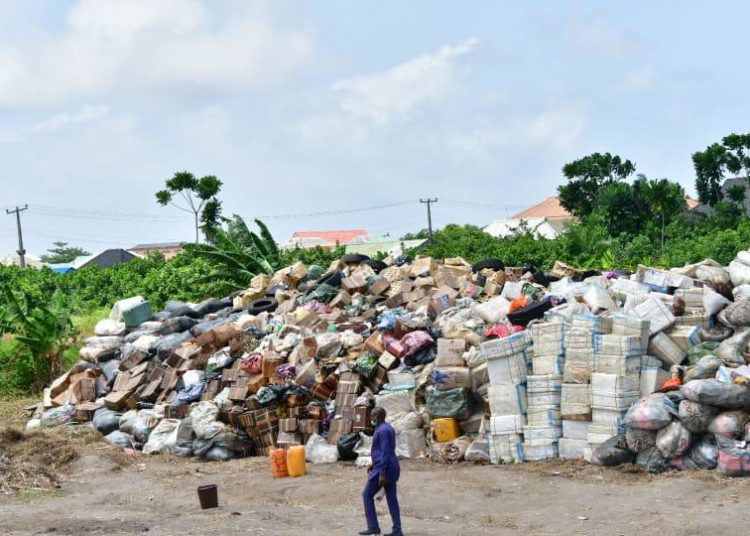Contractors responsible for cleaning Abuja have threatened to suspend services from 25 September over non-payment of nine months’ wages.
The contractors under the Association of FCT Solid Waste and Cleaning Contractors (AFSOWAC), issued the warning in a letter addressed to the Coordinator of Abuja Metropolitan Management Council.
The letter, which was made available to News Agency of Nigeria (NAN) on Friday, said the group could no longer guarantee uninterrupted services in the FCT without urgent payment.
AFSOWAC, representing contractors handling sanitation across 44 lots in Abuja, said its members clear over 1,000 tonnes of waste daily using over 100 refuse trucks and 60 tippers.
LEADERSHIP understands that more than 3,000 staff members were engaged in the work, many of whom rely solely on the job for their livelihood.
The body explained that contractors had sustained operations by borrowing from formal and informal sources, saying such options were now exhausted.
“Despite our loyalty and sustained service delivery, we have not received payments since January 2025,” the association lamented.
It also accused the Abuja Environmental Protection Board (AEPB), which manages the contracts, of issuing daily directives without addressing their financial concerns.
They noted that the delay in payments was already contributing to visible waste build-up in the city and described the Gosa dumpsite as “deplorable,” calling for immediate intervention to improve access and equipment.
AFSOWAC further urged the FCT Administration to expedite the procurement process it initiated in October 2024 to reflect current economic realities, such as subsidy removal and naira devaluation.
It argued that current payments were based on outdated rates that no longer covered operational costs.
“We have reached a point where passion and commitment alone cannot sustain this essential service. Without payment, we cannot continue,” they warned.
The group appealed for urgent government action to avert disruption of sanitation services, stressing that such a breakdown could pose serious public health and safety risks.





